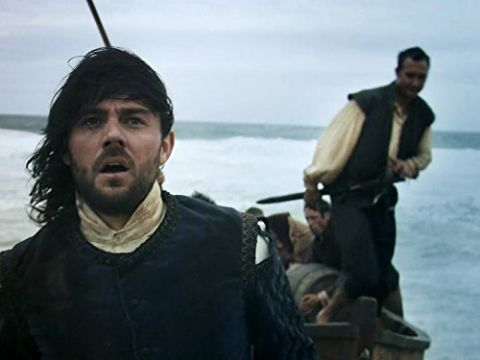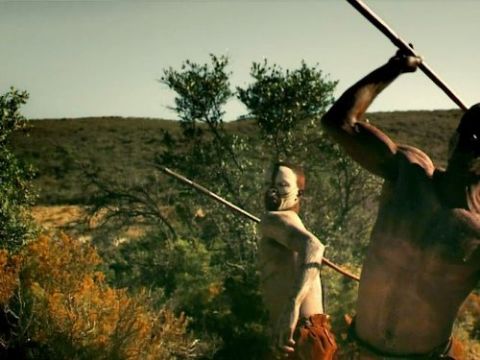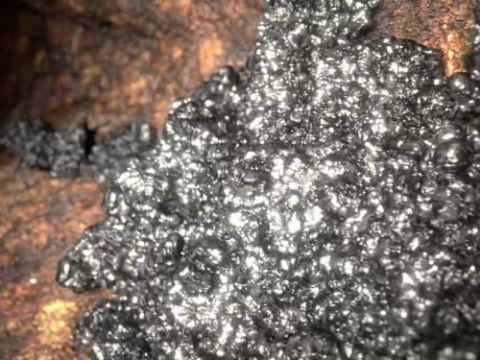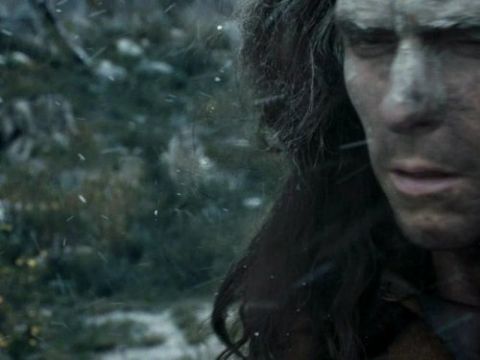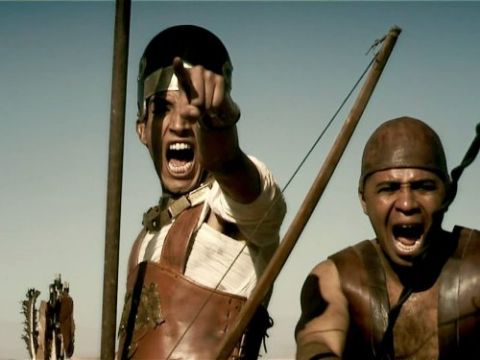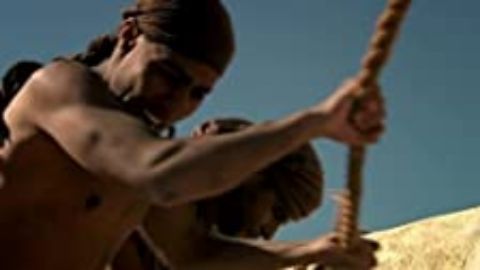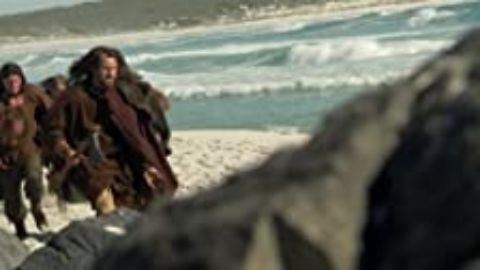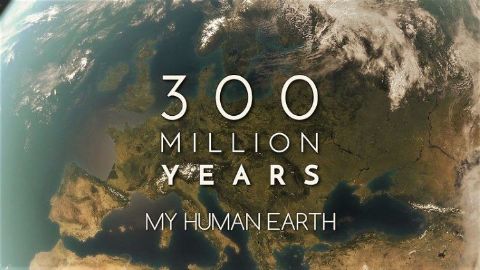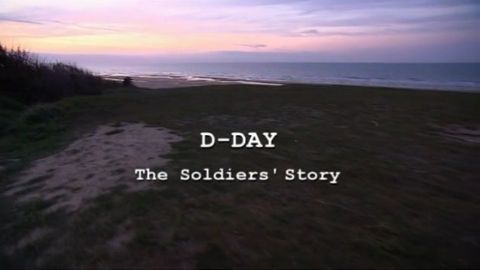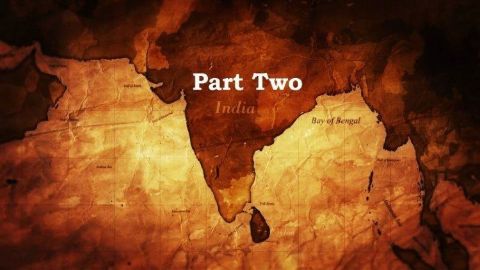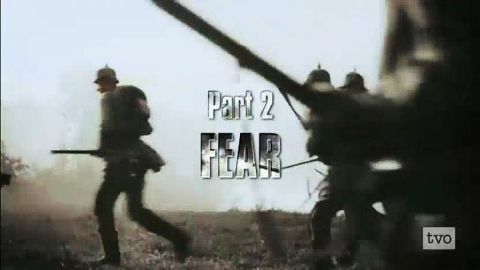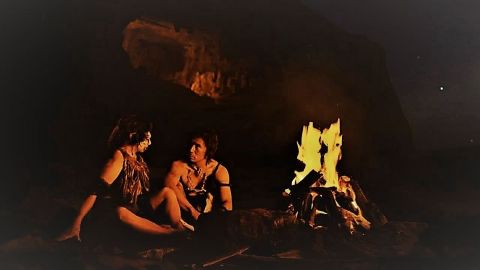Mankind Decoded • 2013 • 12 episodes •
When ordinary people desire the luxuries of the rich, ingenuity and innovation come together to take history in a new direction. From the obsession with silk to the fall of Constantinople, our desire for luxury has shaped our history and evolution.
2013 • History
Over millions of years, mankind has evolved from a puny, vulnerable creature to become a dominant force on the planet. Occasionally the planet bites back--with terrifying consequences that have shaped our evolution.
2013 • History
The world is linked like never before. Modern transport and communications have resulted in a world that is wealthier, healthier, more mobile and better informed than ever before.
2013 • History
Tools and machines have allowed us to overcome our physical limitations, and become the most successful species on Earth. But tools are also transforming what it means to be human.
2013 • History
Man uses plants to feed, heal and clothe himself, to build his world and even to alter how he feels. The use of plants like corn, tobacco and cotton become such an important part of our lives that they play a central role in our evolution.
2013 • History
Early man rubbed two sticks together and created fire. We learn to cook our food, saving vital energy. As a result, our brains expand--making us the most intelligent species on the planet.
2013 • History
Five thousand years ago man first throws a handful of rocks into a campfire and stumbles upon a discovery that changes the world: Metal. Copper, Tin and Bronze empower the ancient world and allow empires to expand, armed with sharp, hard-wearing weapons.
2013 • History
15,000 years ago man and the wolf form a partnership that shapes the future of Mankind. With the help of man's new best friend we domesticate more animals, sowing the first seeds of farming and civilization.
2013 • History
Communication is the vital ingredient in the building of civilization. The ability to share complicated ideas allowed early man to hunt, farm and build communities.
2013 • History
Mankind is a building species. Inspired by the divine we create monuments to its power (Stonehenge, the Great Pyramid). New challenges create new sciences and when the Romans mixed volcanic ash with water they created a new super-material: concrete.
2013 • History
No prizes for second place! In this episode we learn how being the fastest enabled empires to be born and capitalism to thrive.
2013 • History

